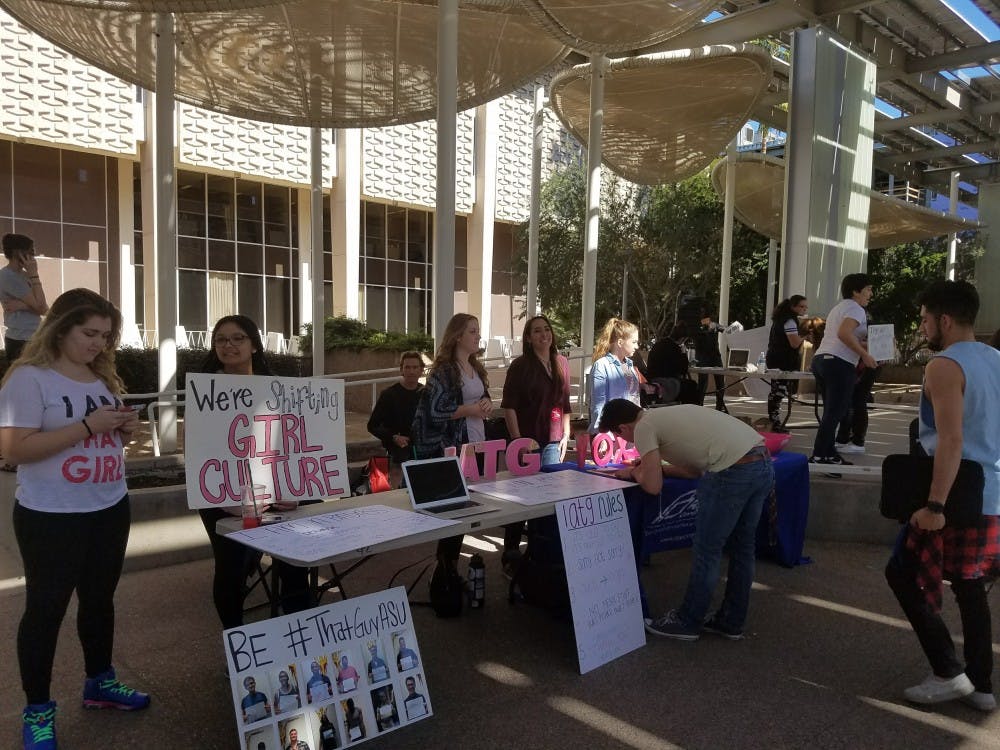Protests are widely dismissed as ineffective, but after changes descending from public outcry over President Trump’s executive order, banning an amorphous group possibly including every citizen of seven Muslim-majority nations, it should be clear that public demonstrations work.
Even with the recent victories of many protest movements under the new administration, popular demonstrations continue to be maligned as ineffective. This comes from difficulty in defining the purpose of the protest for the protesters.
This has to do with the fact that, often times, the protests organize in opposition to policies that are ever-changing in their scope.
Again, the recent executive order provides the best look at this model, where people called for travelers to be let through customs at major U.S. airports, but the full scope of the order was not yet understood.
Unlike many other situations, the protests against the ban were immediately effective.
Aarti Kohli of Asians Americans Advancing Justice — Asian Law Caucus commented during an Indivisible Project conference call on the Muslim ban that those who had protested in airports on the weekend of Jan. 28, were building a community, providing support not only to those who were seeking to stop the ban but also directly providing supplies to those lawyers working pro bono in the airports.
This demonstration of community shows the power of protest not solely as a voice for the people, but also as a support of those seeking to produce counter-policy through other means.
Protesters need to realize that they are part of a larger movement and that oftentimes the protests themselves are necessary to provoke an action from the next level of the policy-making process.
Recent protests on ASU’s campus recognize this fact, as with the Feb. 15th protests organized by the #Fight4HER campaign against the U.S.’s reinstatement of the Mexico City Policy — informally known as the global gag rule — which limits U.S. foreign development dollars from going to organizations that even mention abortion to their clients. This puts not only women’s health services at risk, but also imperils the President’s Emergency Plan for AIDS Relief, which provides life-saving care to millions of persons living with HIV globally.
The protest organizers called yesterday for Senator Flake to oppose the Mexico City Policy, which would be a departure from the senator’s anti-abortion voting record, on the grounds that this position was simply too wide-reaching. Lead organizer Ivana Bejaran said that this all part of a larger strategy.
“From the start, we knew we weren’t going to take the global gag order out. What we really want to do is empower other students on campus so that later on when other fights come, we show Senator Flake we care about this issue…to get him to abstain against a vote in the future,” Bejaran said.
When protesters feel disempowered by lack of action, it’s because they don’t understand that community building and change takes a long time and fits into a larger plan of legislative action.
Organizers can help protesters build by explaining that the nearest goal is oftentimes just a stepping stone, as the #Fight4HER campaign is doing. By trusting protesters with the larger strategy, goals are more clearly defined and protesters can keep their eyes on the real prize.
Hillary Clinton quoted Max Weber in an interview with Ezra Klein last summer, calling politics “the slow, hard boring of hard boards.”
Organizers understand this process and need to trust demonstrators to do the same.
Reach the columnist at benjamin.steele@asu.edu or follow @blsteele17 on Twitter.
Editor’s note: The opinions presented in this column are the author’s and do not imply any endorsement from The State Press or its editors.
Want to join the conversation? Send an email to opiniondesk.statepress@gmail.com. Keep letters under 300 words and be sure to include your university affiliation. Anonymity will not be granted.
Like The State Press on Facebook and follow @statepress on Twitter.




